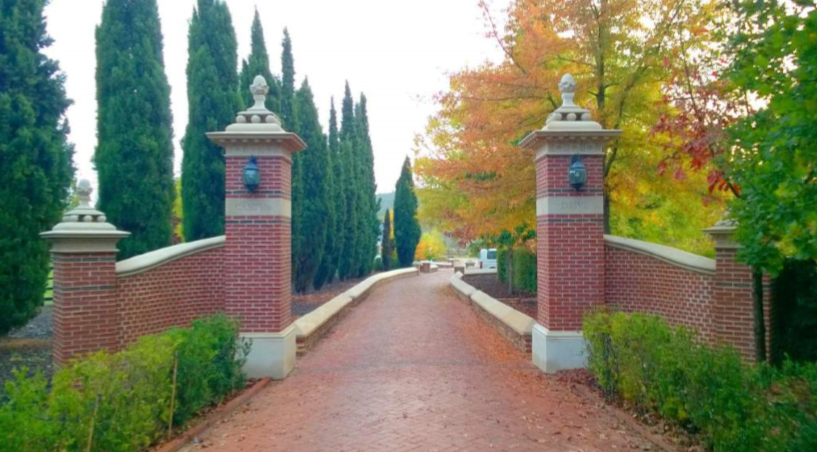
The South African Institute for Heritage Science and Conservation's Faculty of Physical Sciences, is pleased to announce presentation of its Postgraduate Diploma programme - “Technical Conservation Studies”, commencing 17 March 2021.
Enrolment has opened for this accredited, nominally one-year, resident, contact learning, postgraduate diploma programme in Technical Conservation Studies. The 2021 academic year extends from 17 March 2021, through to graduation on 17 December 2021. This programme expressly values and confers an exceptionally high level of technical bench skills, providing students (from various undergraduate fields of study) with exemplary preparation for both private, commercial enterprise and/or employment in institutional conservation practice.
Programme status & nomenclature: This is a 130-credit programme, at NQF level 8, or honours degree level in South Africa. Accordingly, the candidate's bachelor's degree serves as an entry prerequisite, and may need to be supplemented by completion of the Institute's 4-month, online course, “Bridging to Chemistry for Conservation”. Attainment of the postgraduate diploma advances the graduate to the threshold of a MSc or MA programme.
This full-time, resident programme's language of instruction is English and it is conducted at the campus of The South African Institute for Heritage Science and Conservation, Twee Riviere, Langkloof Valley, Southern Cape region, South Africa. The programme has been designed to equip students with a broad knowledge of conservation theory and practice, serving to impart hands-on skills in five conservation specialisms, namely Metals Conservation, Paper Conservation, Ceramics Conservation, Stone & Mortar Conservation and Conservation in the Built Environment. Following broader introduction during the 1st trimester, students will electively pursue certain conservation specialisms at advanced level during the programme's 2nd trimester. Over the course of this nominally one-year programme, each student benefits from no less than 1,300 hours of contact learning.
Taking account of the electives exercised at onset of the second trimester, the postgraduate student successively negotiates a total of eleven modules as his/her particular pathway to the twelfth - the research project and dissertation. Apart from the time-intensive conservation core modules (totalling 64 credits), the student's learning is also impelled by primary support modules (totalling 20 credits) such as Conservation Chemistry and Conservation Theory & Skills. In addition, a constellation of secondary support modules (totalling 11 credits) serves to bring coherence - positioning the student to deploy the subjects of core and primary support modules under real world conditions. Such secondary support modules include Heritage Legislation, Commercial Practices and Vocational Identity.
The student's research project dissertation (35 credits) largely defines the programme's 3rd trimester.
For more information, kindly view the 2021 programme outline HERE, or contact the Programme Director via info@sainst.org
Student candidates are invited to view the programme's entry prerequisites HERE.
Opportunity currently exists for prospective students to participate in an in-person interview and/or aptitude tests. In the case of international applicants, the selection process may take recourse to Zoom interviews and structured correspondence.
Download the original notice below.
Disclaimer: Any views expressed by individuals and organisations are their own and do not in any way represent the views of The Heritage Portal.
